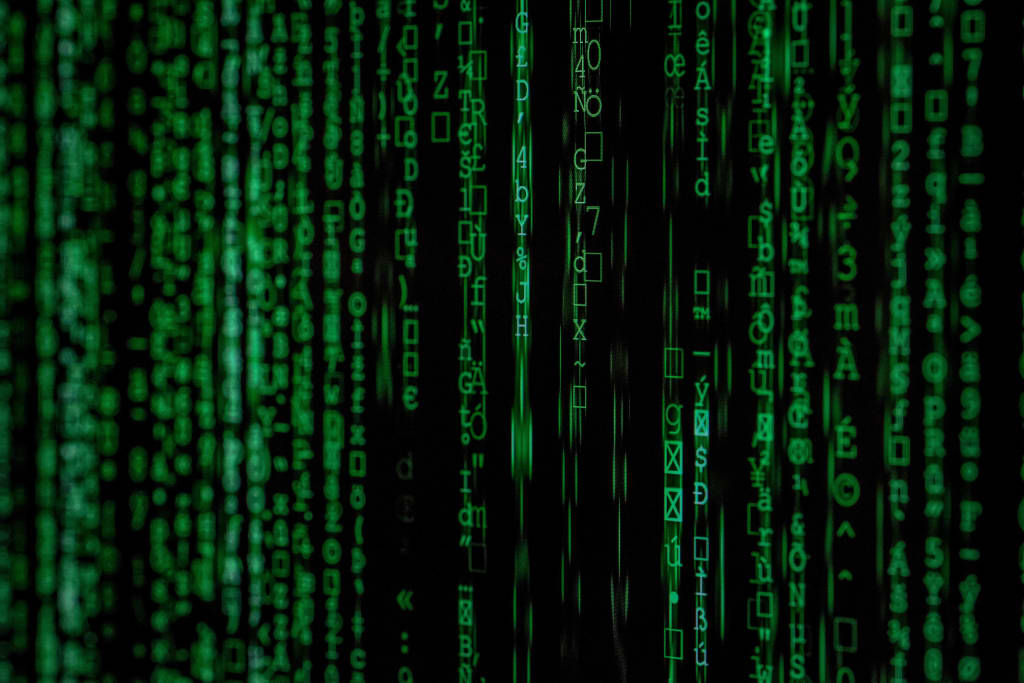Is it possible that we are living in a simulation?
Is it all a figment of our imagination? Or are we really living in simulations like in the movie "The Matrix". Researchers are presently looking at whether or not this is theoretically possible and likely.

Is our planet, the cosmos and everything in it realistic? Is the universe nothing more than a hologram, a projection of 2D fields and parameters? Or are we living in a computer simulation of a higher civilisation in terms of cognition and technology? People have been arguing this subject for ages and science fiction has infinite variations on this premise.
An evolved society would almost certainly develop simulated worlds, according to philosopher Nick Bostrom. Unless it self-destructs before achieving the essential technological skills.
How likely is it that we will be able to simulate the universe?
The University of Montreal's Alexander Pippo-Delisle and Gilles Brassard calculated a revised probability estimate. Unlike prior methods, they looked at the possibilities of simulating mental processes and interactions with the environment utilizing quantum computers and quantum processes in their mathematical model.
“Like many things in computer science, the idea that our world could be a simulation needs to be reconsidered (...) in quantum computing,” the researchers write. “The desire to reproduce all of our physics using classic resources alone hardly seems possible.”
They also look at how much energy will be required and whether or not simulated beings can execute simulations on their own.
The first criteria is that smart things must be simulated
The first and most crucial question will be how much processing power is required to imitate the human brain's functioning on its own.
The computational power of a 3 lbs (1.4 kilogram) brain is estimated to be at 10 to the power of 15, according to researchers. This amounts to up to ten computer capabilities and 50 Operations per second, assuming acceptable technologies.
If a civilisation has progressed far enough to transform at least a billionth of the energy held in matter into computing power, they could construct 1.4 times 1025 using a brain-sized computer. The scientists explained that they were simulating virtual minds.
The second criterion is that interactions and natural rules must be met
However, virtual brains aren't enough: the simulation must also record all interactions between the simulated creatures and their surroundings as well as any processes that emerge from mimicking natural laws.
“If you just want to create worlds in which intelligent beings live and interact in it, this would be beneficial to choose natural laws that allow for intelligence while minimizing the costs of simulating the environment,” Pippo-Delisle and Brassard said. They also explain: “It would take a long time to simulate this environment down to the smallest microscopic level”
The work required to develop a virtual world with physical rules that mirror those in reality would be significantly greater:
“Simulating this environment down to the lowest microscopic level would take a long time."
According to their calculations, the processing power required for this would be so great that even the highest computer intensity would not be enough to simulate a huge number of people down to these fine points.
However, it is possible that simulations adapt to complexity in a variable way: for example, if individuals are currently doing experiments that need a high degree of detail, such as quantum physics tests or astronomical investigations, the ‘accuracy' will improve.
The amount of intricacy can be lowered if our attention is not focused on such complicated processes.
The challenge of recursive simulation
Another aspect that may significantly increase the computational work required to mimic the environment is if the simulated items themselves started using computers to run their simulations.
The real-level computers must then maintain not only their first-level simulations, but also their simulations – and so forth. The required computational capabilities will grow rapidly as a result of this iterative simulation.
Pippo-Delisle and Brassard explain that “it becomes all the more spectacular when a simulated civilization uses enormous amounts of processing resources for numerous other purposes — in addition to its simulations.”
At the time, a real civilization's processing capability was no longer sufficient to simulate enormous numbers of virtual humans.
"In the absence of additional evidence, the number of simulated creatures is thus a good indication of the possibility that we will live in a simulation."
All of these criteria can be combined to simulate the universe in the same way that the famous Drake equation can be used to calculate the probability of extraterrestrial civilizations.
With this information, Pippo-Delisle and Brassard arrive at the following conclusion: the likelihood of living in a fully virtual environment is limited and in any case considerably below 50%.
“The main factors of this low probability are the tremendous effort to convincingly simulate the environment of civilization, the inevitably incomplete efficacy of each computer operation and the fact that simulations can be repetitive,” the researchers stated.
The aliens that have gone missing have been identified as suspects. However, one feature could indicate that we are living in a simulation: the fact that we have yet to locate or investigate extraterrestrial life.
“If we lived in simulations with simplified physics, we would never encounter such sensors,” Pippo-Delisle and Brassard added.
Because such simulations will save the time and effort required to develop additional organisms outside of the simulated Earth.
“The fact that we have not yet discovered any evidence of extraterrestrial civilizations may be considered the most convincing argument for simulation theory,” the researchers write.
About the Creator
Michael Schwarz
I live science, technology and entertainment. But what I love the most is sharing my knowledge with others.






Comments
There are no comments for this story
Be the first to respond and start the conversation.